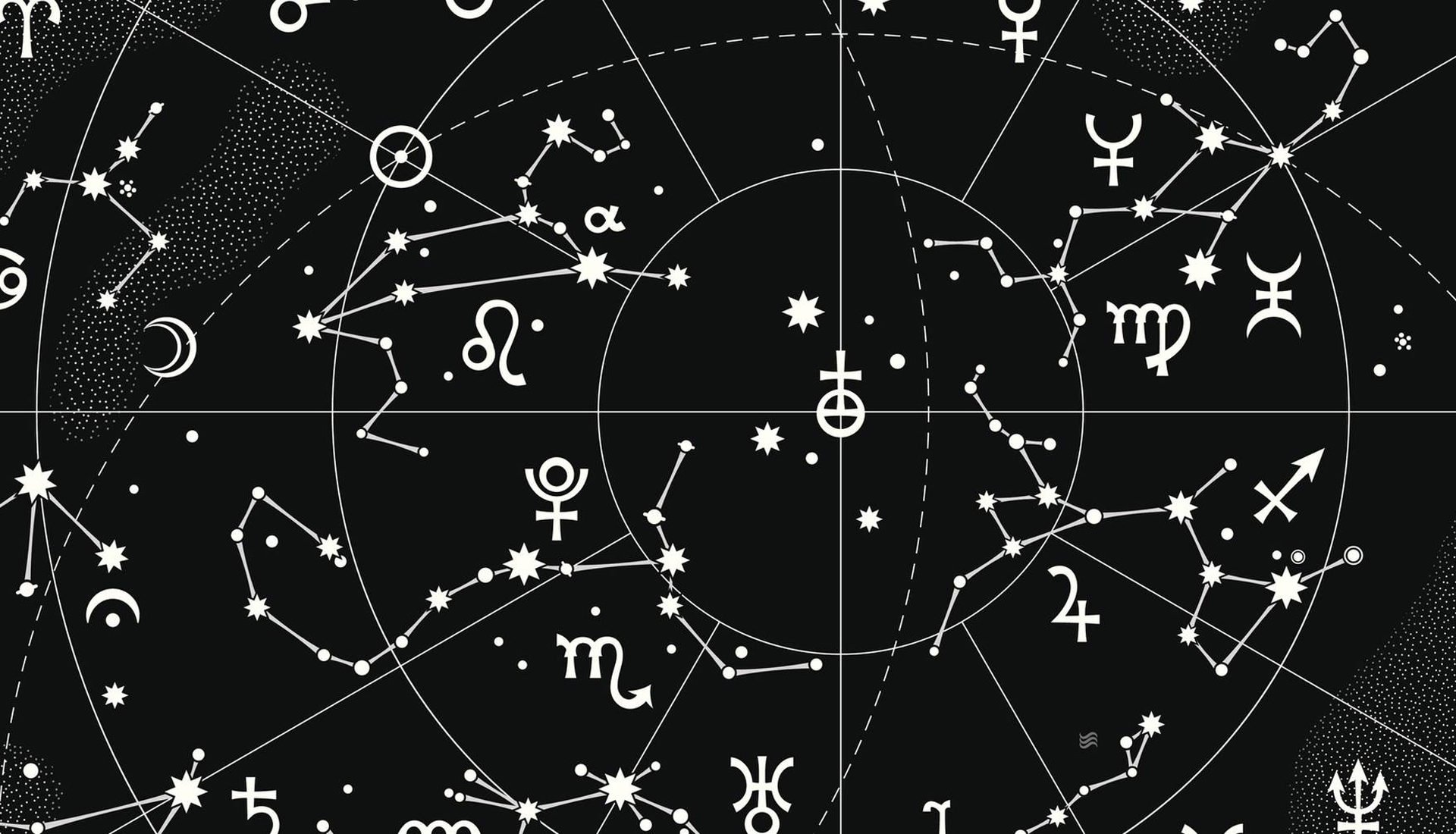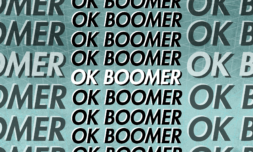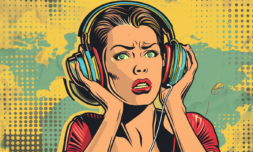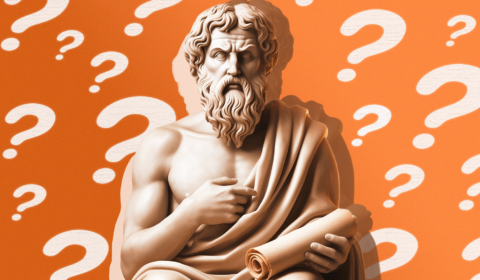In a stressful and data driven world, today’s young people are finding comfort in the ineffable… even if they’re too logical to really believe it.
Astrology is a meme. People have been jokingly blaming their misfortunes on mercury being in ‘retrograde’ for yonks, and categorising ‘the signs as’ literally anything: cat breeds, Oscar Wilde quotes, Stranger Things characters, and types of chip. But astrology is one of those rare memes that has a respect and fondness for its subject matter.
Millennials have been towing the line between poking fun of astrology and embracing it for quite some time now. When considered with the decline in religiosity in the west, this seems to prove that humanity will always reach for mysticism in some form.
But Gen Z are taking the obsession with star signs to the next level through social channels. Experts believe that in a stressful and data-driven world, we may be looking to the stars for comfort as well as a bit of a laugh.


What is astrology?
Though it’s been around in some form or another for thousands of years, ‘star signs’ as we know them today had their heyday in the New Age movement of the 60s and 70s. As history tends to peak and trough, this lean in to the mystical was met with a strong reaction against it soon after, and astrology faded into the background.
However, LA astrologist Chani Nicholas states to the The Atlantic that ‘something [has] happened in the last five years that’s given it an edginess, a relevance for this time and place.’ Lucie Greene, who works for trend tracking group J Walter Thompson, states in a report called ‘Unreality’ that ‘over the past few years, we’ve really seen a reframing of New Age practices, very much geared toward a Millennial and young Gen Z quotient.’
Whilst astrology has never been accepted by the scientific community or mainstream society, it has its own kind of logic. The practice ascribes meaning to the placement of the sun, the moon, and the planets within the 12 sections of the sky – aka the signs of the zodiac.
Whilst you’ll likely know your sun sign (where the sun was when you were born) the placement of the moon and the other planets on this day is also important. There are detailed, and I mean detailed, maps and methods to figuring out your astrological position at any given time.





















